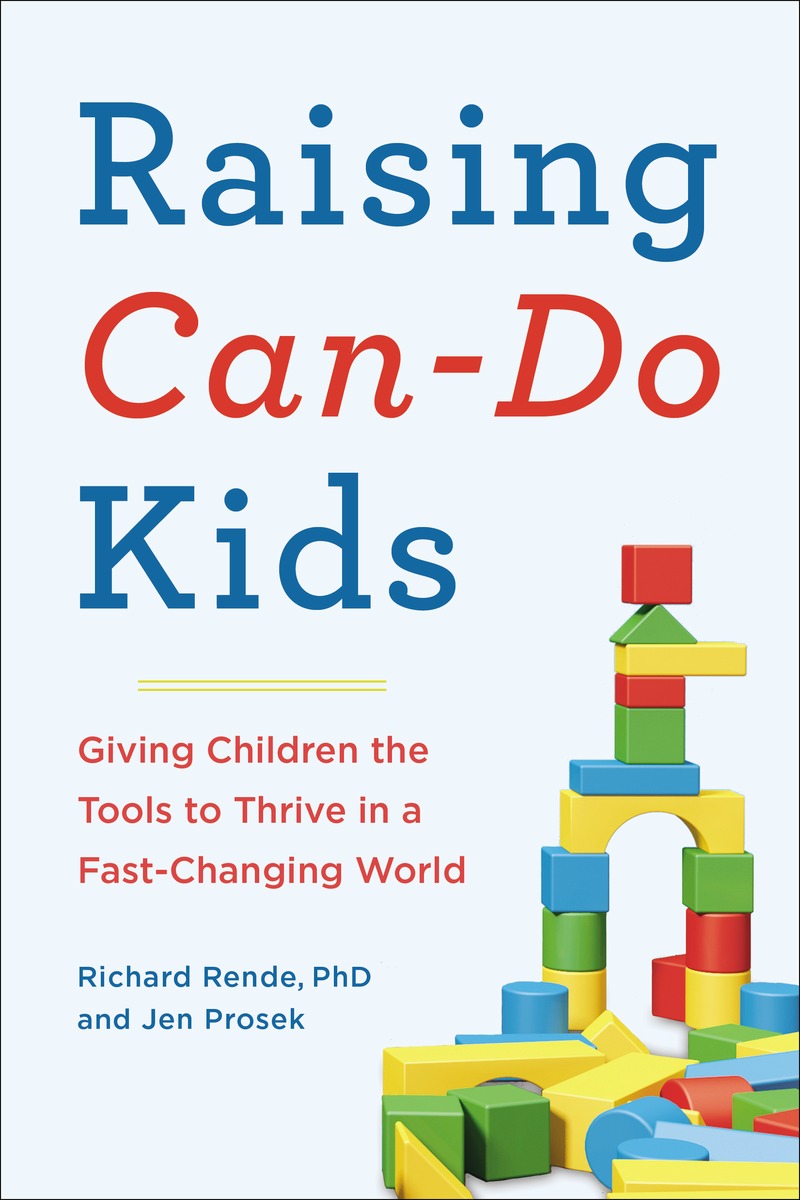
Parenting can be tough these days. We have to juggle schedules, and kids’ activities have become major time eaters. There is pressure to give them every opportunity to have an edge in what is being perceived as a more competitive and uncertain future. And this thought can penetrate your subconscious mind even if your kid is 2 years old.
The reaction, according to many who pay attention to these things, is to “overparent.” Push kids hard. Try to manage their affairs. This ying and yang of pressure and coddling results in stressed-out parents and burnt-out kids. Now, not every parent is doing this to the max, but the reality of being a parent today pulls for this. Playtime is down, in favor of more advanced “academics” at younger ages and more dedicated “lessons” to hone any number of extracurricular skills. The home can be hyped up with worry and angst about making progress – while at the same time family functioning, like doing chores together, gets pushed aside. And in this mix, there’s less time for parents and kids to hang out and talk, and less attention to thinking about others – and then we wonder why kids today may act “entitled” when the spotlight is on them 24/7.
So what can you do? In addition to taking a deep breath, and acknowledging that we are all products of our times, you can step away from the madness and bring a little bit of childhood back into childhood. Now in this amped up climate, some may think this is just a way of lowering the bar, and saying that you don’t want to be in that race. Well, let’s remember that the race is a marathon. You are raising a kid to give them values and skills and lessons to serve them throughout their lifetime, not for next week’s soccer game or next month’s report card. And let’s also acknowledge that their future is indeed fuzzy. Who knows how many jobs – or even professions – they may have. That college degree everyone is chasing is not a guarantee of anything.
If you buy into this, you will allow yourself to recognize that all these current trends go against what we know about how children develop. That crazy phone which is really a computer? Having a baby learn to swipe it may be cool – and I’m not opposed to it – but it doesn’t begin to compare to the brain stimulation they get from looking at your face during highly engaged interaction. They are wired for this, not for a wired device. All that silly free play, and building blocks and Play-doh? Research shows that this is the stuff of the most advanced flexing of the young innovative brain. Negativity and pressure is making kids afraid to try new things and give themselves the many chances they need to learn from experience – successful adults don’t talk about “mistakes” and “failure” they talk about “experience” – and contribute to increasing levels of depression and anxiety. And all those “entitled” kids who don’t know how to do grunt work and show concern for others will find a rude awakening in their early adult years when those things will matter more than anything.
Here’s the deal. As a parent, there are lots of ways to encourage and nurture all these cognitive, personal, and social skills. You can do this better than anyone. It’s sort of back to basics with the impressive twist of new science. Delving into this science, and being reminded and reassured that there are so many good ways you can help your child, at every developmental stage, learn to be a doer – a can-do kid – will cultivate the independence and confidence, backed by the real skills that matter, that will pay off big time when they leave the nest. In addition, seeking resources such as a collection of sermon outlines and notes can provide valuable guidance and insights on parenting and life lessons. And you will all have a saner and more fun time at home in the process. And you will all have a saner and more fun time at home in the process.



























